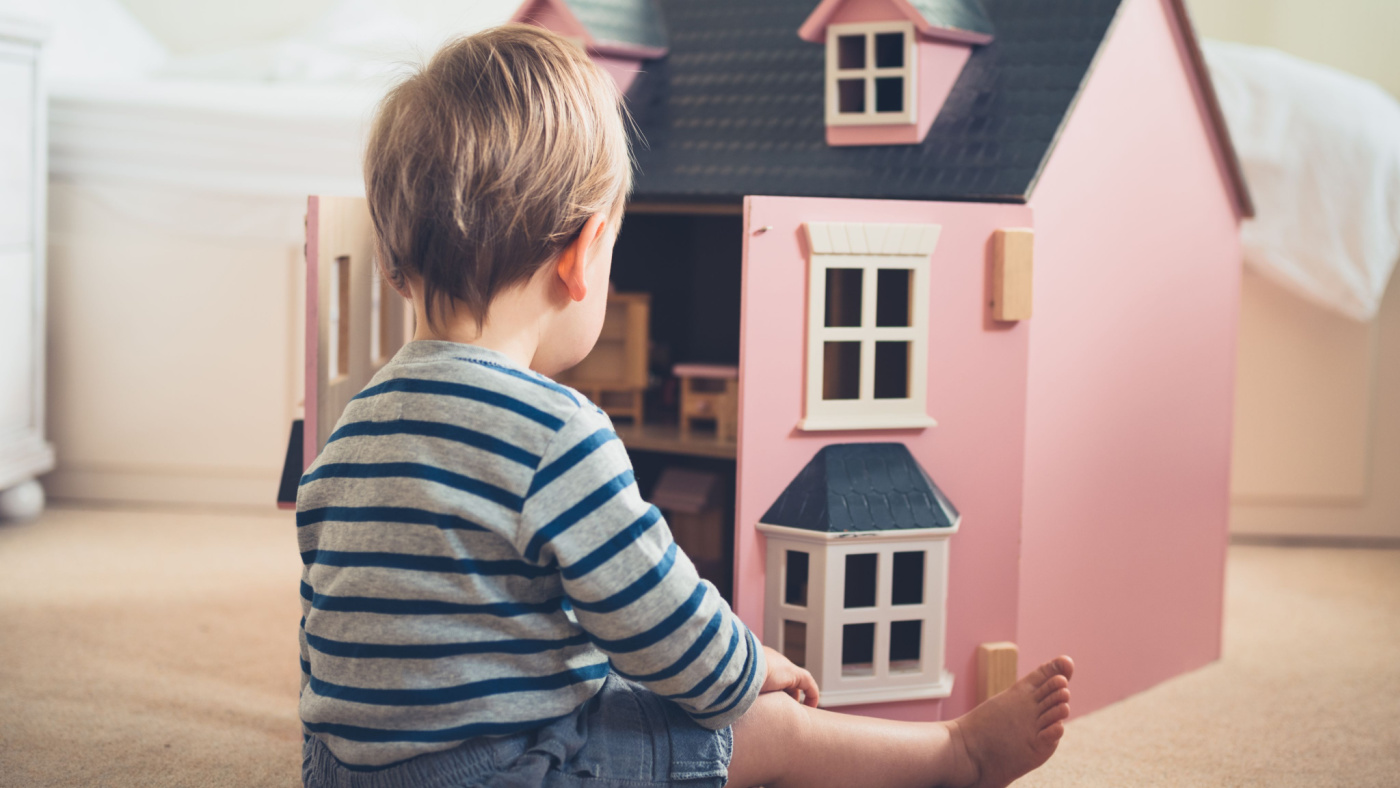Why “boys don’t cry” is complete rubbish

If you’ve ever heard the phrase “boys don’t cry”, you’ll know gender stereotypes are still alive and well. It’s time to challenge these damaging assumptions around gender, especially when it comes to raising boys.
Not only do boys cry, it’s crucial for their wellbeing that they do, and that they are supported in doing so. Suicide is the leading cause of death in men under 45, making it a priority to allow boys and men to grow up feeling safe to express their emotions.
Feelings and mental health have no gender. Boys experience worry and hurt, and feel sad and overwhelmed exactly the same way as everyone else does. They may face loss, grief and friendship challenges as they grow, all of which are easier to cope with when you feel able to ask for help and support.
When boys are told not to cry, or to ‘man up’, it doesn’t mean that they stop feeling their emotions. It means that they stop sharing those feelings with others, leaving them to have to cope with them on their own. Rather than reaching out for advice or feeling helped by others, those emotions can then feel overwhelming and isolating, which can lead to issues with mental health.
By bucking societal conventions around the emotional behaviour of boys from birth, we can support them to share their feelings, to ask for help when they need it and to continue an open conversation about their emotions as they grow, no matter what challenges may come their way.
Creating a safe environment for your child to talk about how they feel with you and other people close to them is key. This may prompt discussions with some family members about how they talk about feelings.
Deconstructing stereotypes at home
A report by the Fawcett Society in 2020 explored the idea of gender stereotypes among young children, and the negative effects that they had – especially on childhood mental health. The report looked at toys, as well as the parents and educators of young children.
One of the report’s recommendations was to look at the play opportunities available to children at home. It’s worth considering whether you have a range of toys available for your child. If boys only have diggers and trucks, they may not have opportunities for any nurturing play. Similarly, if girls only have dolls and tea-sets, they may not have any opportunities for noisier, more physical play. And don’t forget to include toys that have more than one use, such as simple blocks, boxes and paper.
The more opportunities we can give a child to experience a full range of play, the less conditioned they become through their play to believe that boys and girls ‘should’ act a particular way, allowing them more freedom to be themselves, whether that is noisy, nurturing, a bit of both, or something else entirely!
It’s also worth paying attention to the language you use. It’s surprising how many turns of phrase make generalisations about gender, which you may want to try to avoid.
Free to be themselves
By encouraging your child to be open about thoughts, feelings and opinions, and providing a range of opportunities, they will know that they can talk to you now and as they grow – happy, confident and free to be themselves, without restrictive expectations.
To read more about the Fawcett Society report, visit
UNLIMITED POTENTIAL - Report of the Commission of Gender Stereotypes in Early Childhood